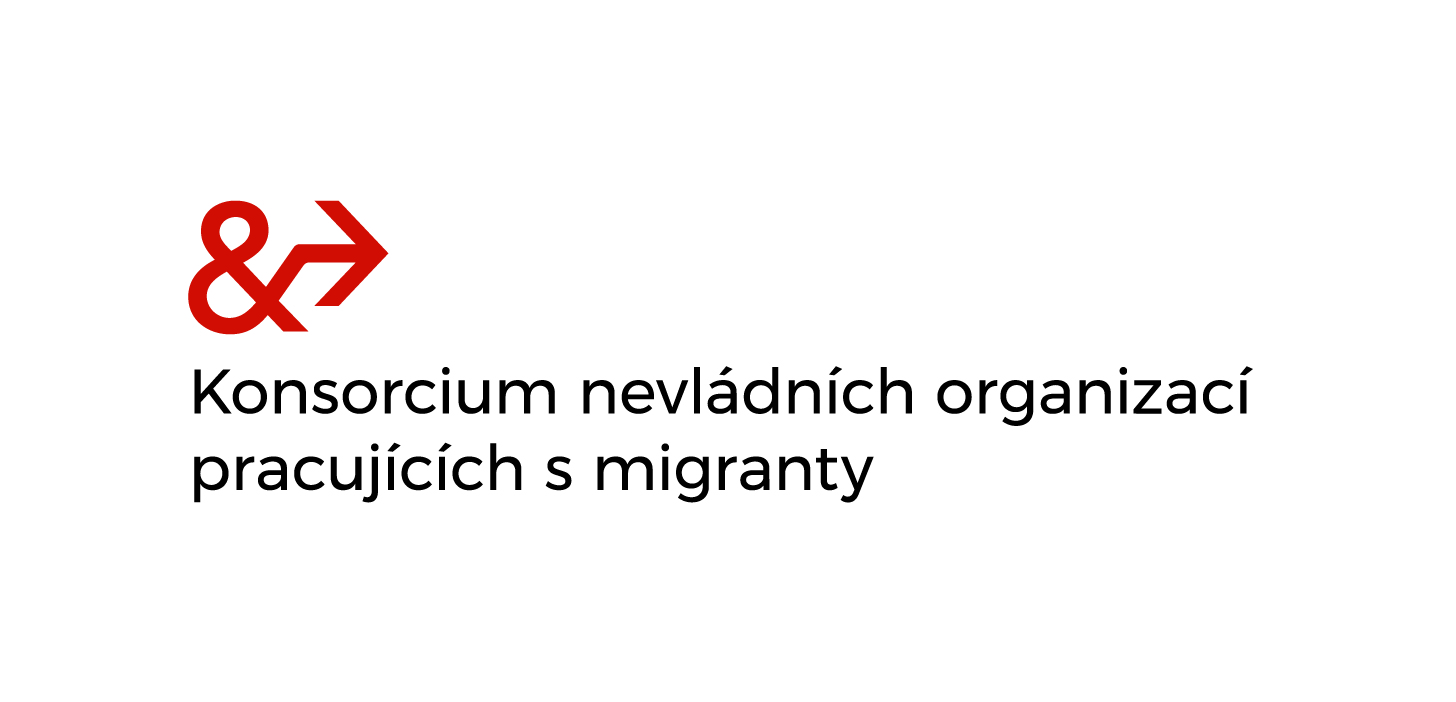
Labour rights
Migrants, especially in medium and low-skilled jobs, often face discrimination, low pay, precarious work, long working hours, accidents at work, and other violations of labour rights. In the Czech Republic, the influence of employers in setting rules concerning labour migration is growing.
The legislation has thus significantly weakened the position of migrant workers, who often cannot obtain labour rights because they are completely dependent on the employer. The principles of circular migration are also being promoted, where migrants come for a limited time and are not allowed to settle in the Czech Republic or bring a family. We strive to strengthen the rights of foreign workers/ migrant workers and to set up such measures and institutes that support the integration of migrants into society.






